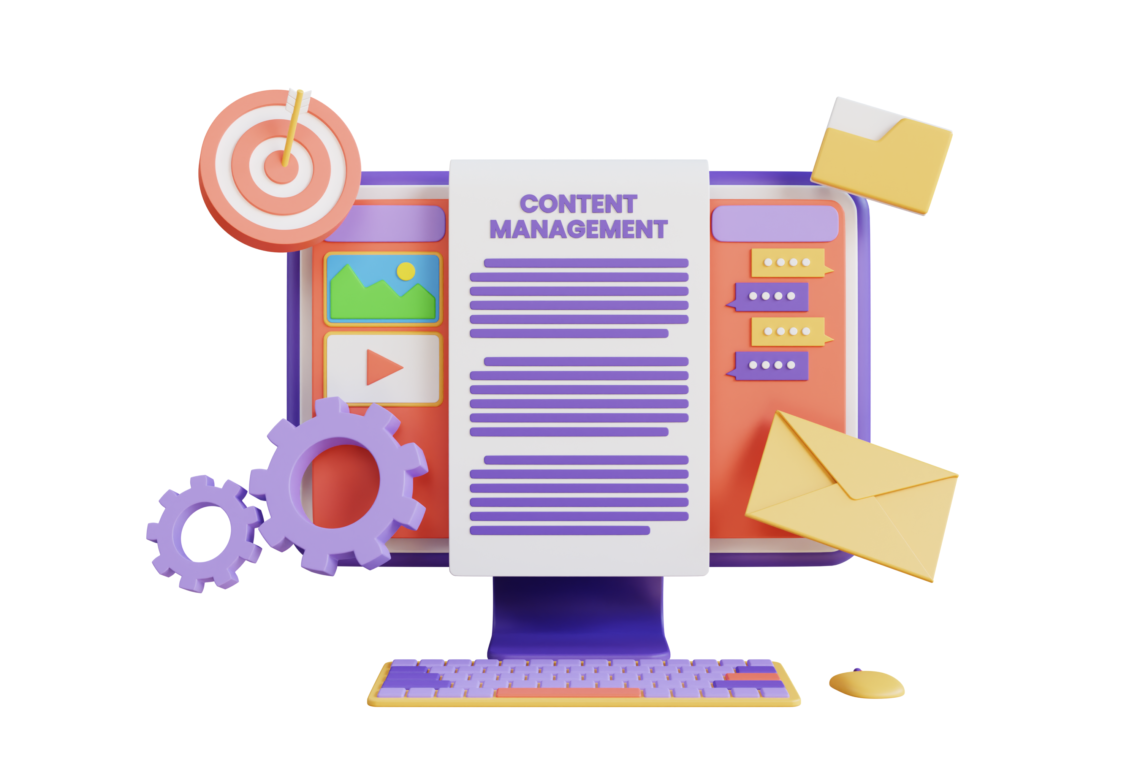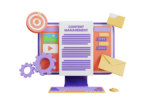B2B Content Marketing Masterclass: Your Blueprint for Creating Content that Drives Tangible Results
The B2B sales landscape is experiencing a seismic shift, driven by technological advancements and evolving customer expectations. To remain competitive and thrive in this dynamic environment, businesses must understand and embrace the transformative forces shaping the future of sales. Let’s delve into the key trends revolutionizing B2B sales today.
1. The Rise of Artificial Intelligence (AI) in Sales
AI is not just a buzzword; it’s a game-changer in B2B sales. AI-powered tools are augmenting sales teams’ capabilities, automating mundane tasks, and providing invaluable insights to enhance decision-making. Here’s how AI is revolutionizing the sales process:
- Lead Scoring and Prioritization: AI algorithms analyze vast datasets to identify high-potential leads, allowing sales reps to focus their efforts on the most promising prospects, thus optimizing their time and resources.
- Predictive Analytics: By leveraging historical data and machine learning, AI can predict customer behavior and forecast sales trends, enabling businesses to proactively adjust their strategies and allocate resources effectively.
- Conversational AI: Chatbots and virtual assistants are increasingly handling customer inquiries, qualifying leads, and scheduling appointments, freeing up sales reps to focus on building relationships and closing deals.
- Sales Enablement: AI-powered platforms provide sales reps with personalized coaching, training, and content recommendations, empowering them to deliver more impactful sales presentations and close deals faster.
2. Social Selling: Cultivating Relationships in the Digital Age
In the age of social media, social selling is more than a trend; it’s a necessity. Platforms like LinkedIn, Twitter, and even Facebook provide powerful tools for B2B sales professionals to connect with potential clients, build relationships, and position themselves as trusted advisors.
Social selling enables sales professionals to:
- Expand their network: Connect with decision-makers and influencers who might be otherwise inaccessible through traditional channels.
- Establish thought leadership: Share valuable insights and content to build credibility and attract potential clients.
- Nurture leads organically: Engage in meaningful conversations and build relationships that can lead to sales opportunities.
3. The Remote Sales Revolution
The rise of remote work has transformed the way B2B sales teams operate. Remote sales models offer numerous benefits, including:
- Reduced costs: Eliminating or minimizing office space expenses can lead to significant savings.
- Expanded talent pool: Companies can now recruit top sales talent from anywhere in the world, unconstrained by geographical limitations.
- Increased flexibility and work-life balance: Remote sales professionals often enjoy greater autonomy and flexibility, which can boost morale and productivity.
- Environmental impact: Reducing commuting and travel can contribute to a smaller carbon footprint.
4. The Customer Experience Imperative
In an increasingly competitive market, customer experience has become a key differentiator. B2B buyers now expect personalized, seamless, and value-driven interactions throughout their journey. To thrive in this customer-centric era, businesses must prioritize:
- Customer understanding: Deeply understand your customers’ pain points, needs, and goals.
- Tailored solutions: Offer personalized solutions that address their specific challenges.
- Seamless communication: Provide multiple channels for communication and support, ensuring timely responses and proactive engagement.
- Continuous improvement: Gather feedback, measure satisfaction, and consistently seek ways to enhance the customer experience.
5. Value-Based Selling: Shifting the Focus to Outcomes
Value-based selling is a paradigm shift from traditional product-focused selling. It emphasizes understanding the customer’s desired outcomes and demonstrating how your product or service can help them achieve those goals. This approach involves:
- Consultative selling: Engaging with customers as trusted advisors, not just vendors.
- Quantifiable results: Clearly articulating and quantifying the value your offering brings to the table, such as cost savings, revenue growth, or efficiency improvements.
- Long-term relationships: Focusing on building lasting partnerships based on mutual success.
The Path Forward
The future of B2B sales is one of constant evolution. Embracing technological innovations, adapting to changing customer expectations, and fostering a culture of continuous learning are key to staying ahead of the curve. By navigating these trends and harnessing the power of AI, social selling, remote teams, customer experience, and value-based selling, businesses can unlock new growth opportunities and thrive in the digital age.
- B2B
- Sales
- Future
- Trends
- AI






